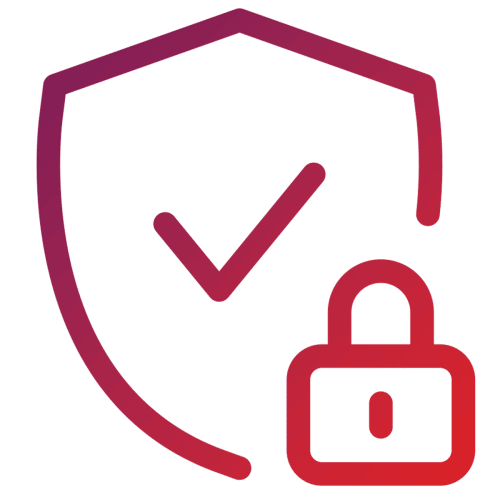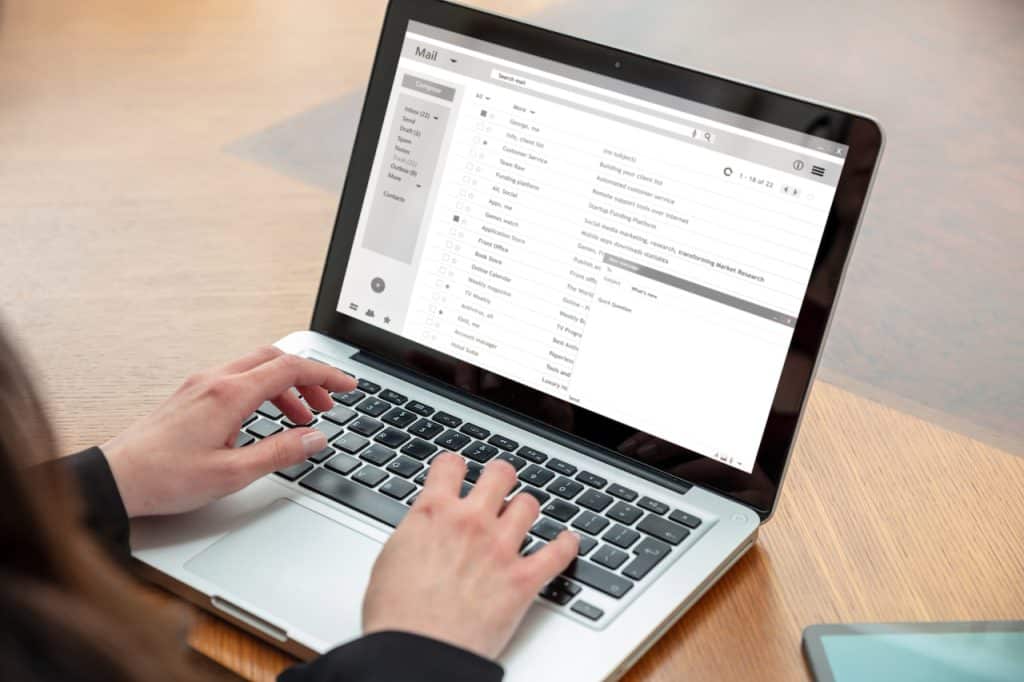It’s no secret that email is consistently one of the most vulnerable channels in the world of cybersecurity. Almost half of the millions of emails sent daily are considered spam, so using email is risky. But it’s become an irreplaceable part of our business communication.
So, if you can’t live with email and you can’t live without it, what can you do? A good offense is the best defense, meaning you must take action and be proactive.
Here are a few of the best email security practices to keep you safe:
6 Best Practices to Stop Email Security Threats
Some of these can be implemented today; some will take more planning and an IT partner for execution. Your best option is to get the opinion of a managed service provider so you can implement what you need and not pay for anything you don’t.
According to Info-Tech, a third-party Research Group, these are six of the best practices for stopping email security threats:
Multi-Factor Authentication (MFA)
Enabling multi-factor authentication is one of the most effective ways to fortify email security. MFA requires users to provide multiple forms of identification, such as a password and a unique verification code sent to their mobile device. This additional layer of security significantly reduces the risk of unauthorized access, even if login credentials are compromised.
Regular Security Awareness Training
Human error is often the weakest link in any cybersecurity strategy. Employees should be educated about the latest email security threats, such as phishing and social engineering attacks. Regular security awareness training can empower employees to recognize and report suspicious emails, minimizing the risk of falling victim to scams.
Encryption and Data Loss Prevention (DLP)
Email encryption ensures that the content of your emails remains confidential, even if intercepted during transmission. Additionally, implementing Data Loss Prevention measures helps prevent accidental disclosure of sensitive information, providing an extra safeguard against data breaches.
Robust Spam Filters
Email inboxes are constantly inundated with spam and malicious emails. Implementing powerful spam filters helps weed out unwanted messages and reduces the risk of employees clicking on dangerous links or downloading malicious attachments unknowingly.
Email Backup and Recovery
Regularly backing up email data is essential to ensure business continuity and mitigate the impact of a potential cyberattack. Having secure email backups can be a lifesaver in a security breach or data loss.
Patch Management and Software Updates
Keeping email servers and related software updated with the latest security patches is crucial. Cybercriminals often exploit vulnerabilities in outdated software to gain unauthorized access to systems.
Galaxy IT’s Email Security Services—Your Shield Against Threats
Businesses throughout Utah trust Galaxy IT to provide complete, end-to-end managed security services. Our experienced team of engineers and consultants is here to help you identify gaps in your email security strategy and create a plan to protect your data from cyberattacks.
Here’s how our services can bolster your company’s email security:
- Advanced Threat Protection
- Real-Time Email Monitoring
- Secure Email Gateway
- 24/7 Support
Schedule a free consultation today to learn how email security services will keep you safe from cyber threats.



